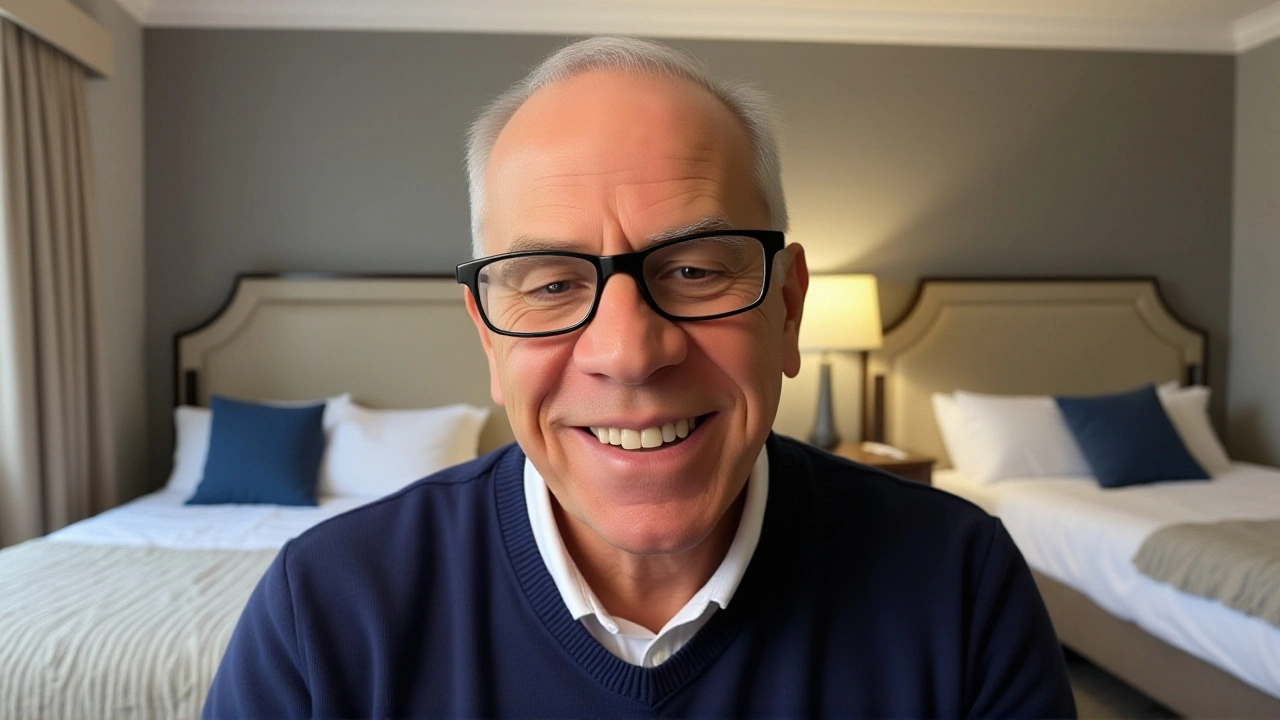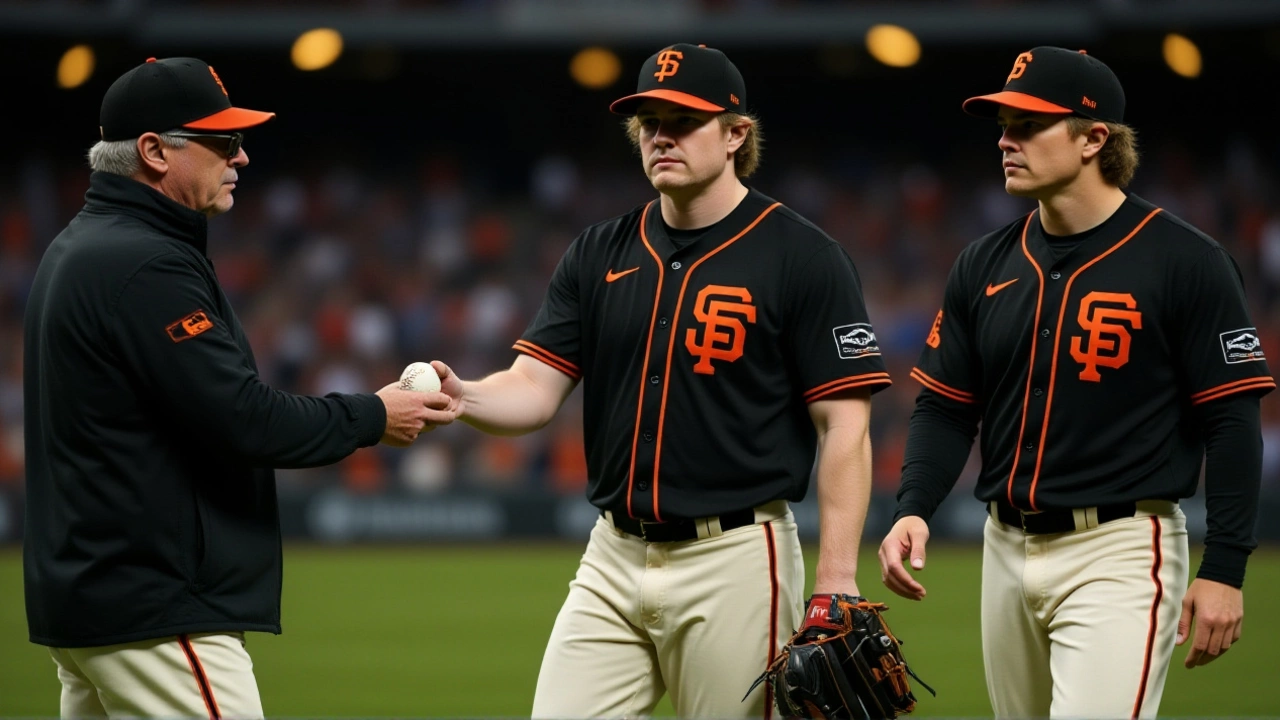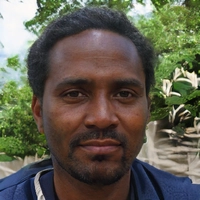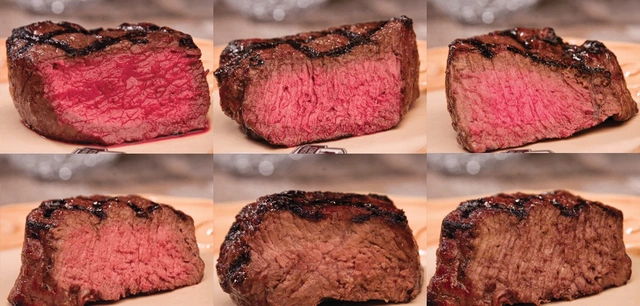When Logan Webb, starting pitcher for the San Francisco Giants took the mound on September 13, 2025, he knew the wild‑card race was hanging by a thread. Instead, his 4.1‑inning effort against the Los Angeles Dodgers turned into a nightmare, as San Francisco fell 13‑7 at Oracle Park and slipped half a game behind the final National League wild‑card spot.
Game Overview
The 6:45 p.m. Pacific start stretched to 3 hours and 28 minutes, drawing a crowd of 38,912 fans. The Dodgers’ offense erupted early, racking up seven runs before Webb was forced out. By the time he left, he had surrendered seven earned runs on 10 hits, walked two and struck out three, pushing his season ERA from 3.78 to 3.82.
Even though the Giants managed home runs from designated hitter Joc Pederson (23rd of the season) and third baseman Matt Chapman (17th), the damage was already done. The Dodgers, led by captain Mookie Betts (3‑for‑5, two RBIs, three runs) and designated hitter Shohei Ohtani (four hits, including a three‑run homer, his 37th), surged to a 13‑7 victory.
Webb’s Performance and Accountability
In the post‑game press conference, Webb didn’t mince words. "I take full ownership of that start. I didn’t execute when I needed to, especially with runners on base. They made me pay for every mistake, and that’s what good teams do," he told NBC Sports Bay Area reporters.
He went on to explain his struggle with the Dodgers’ lethal lineup: "They’re the best offensive team in baseball for a reason. I tried to be too fine early, then when I needed to make pitches with runners in scoring position, I left the ball up in the zone. That’s on me, not the defense or anything else." The candidness resonated with fans who appreciate a player willing to admit fault rather than hide behind a team excuse.
Dodgers’ Offensive Surge
While Webb wrestled with his command, the Dodgers were in full swing. Betts’ three‑run double in the fourth inning snapped a 2‑2 tie, and Ohtani’s towering home run in the sixth extended the lead to 9‑4. The rest of the Dodgers’ roster chipped in with timely singles and sac flies, showcasing why they sit atop the National League West at 93‑69.
Los Angeles’ bullpen, still ranked among the league’s best, kept the pressure on, adding two more runs in the later innings. The victory clinched their 11th straight division title and pushed the Giants farther from a secure wild‑card spot.
Impact on the Wild Card Race
Before the game, the Giants hovered at .500 (81‑81) and were just a half‑game behind the wild‑card threshold. After the loss, the Atlanta Braves nudged ahead to 82‑80, creating a full‑game gap between San Francisco and the last wild‑card berth with only 12 games left in the season.
- Giants record: 81‑81 (.500)
- Dodgers record: 93‑69 (.574) – division leaders
- Braves record: 82‑80 – now holding the final wild‑card spot
- Remaining schedule: 12 games for Giants, 10 for Dodgers
For San Francisco, the path forward means winning at least nine of their final twelve games while hoping the Braves drop a few. The math isn’t pretty, but the Giants have pulled off comebacks before.

Historical Context of the Giants‑Dodgers Rivalry
The rivalry dates back over a century, with iconic moments like the 1951 "Shot Heard ’Round the World" and the 2002 World Series that pitted the two Bay Area teams against each other. Webb, who grew up watching those classics, reflected on the weight of the history during a recent interview on Bleacher Report’s "On Base" podcast.
"It’s definitely something that I always, you know, talk about. Playing against the Dodgers isn’t just another game; it’s a piece of our city’s DNA," Webb said, while also mentioning his admiration for veteran pitcher Justin Verlander and the influence of fellow rotation mate Robbie Ray on his approach.
Looking Ahead
Next up, the Giants travel to San Diego to face the Padres, a series that could swing momentum. Manager Bob Melvin hinted that he may turn to left‑handed reliever Miriam Nakamura earlier than planned, hoping to shore up a bullpen that currently ranks 17th in MLB ERA.
Meanwhile, Webb’s next start is slated for September 20 against the Colorado Rockies, a team languishing at the bottom of the West. If he can rebound, San Francisco could still scrape into the postseason as a wild‑card, though every game now feels like a do‑or‑die scenario.
Frequently Asked Questions
How does this loss affect the Giants’ wild‑card chances?
The defeat dropped San Francisco to an even 81‑81 record, leaving them a half‑game behind the final wild‑card spot. With only 12 games left, they must win at least nine while the Atlanta Braves lose enough to fall back, a scenario that suddenly looks less likely.
What did Logan Webb say about his performance?
Webb took full responsibility, saying he didn’t execute with runners in scoring position and that the Dodgers "made me pay for every mistake." He emphasized that the blame lies solely on his execution, not the defense.
Who were the key contributors for the Dodgers?
Captain Mookie Betts went 3‑for‑5 with two RBIs and three runs, while Shohei Ohtani added four hits, including a three‑run homer, his 37th of the season. Their production anchored a seven‑run early lead.
What is the historical significance of Giants‑Dodgers games?
The rivalry spans more than a century, featuring moments like the 1951 "Shot Heard ’Round the World" and the 2002 World Series. Each matchup carries city pride, making every game feel like a battle for Bay Area supremacy.
What are the Giants’ next steps to stay alive?
San Francisco heads to San Diego to take on the Padres, then Welcomes the Colorado Rockies on September 20. A win‑heavy stretch, possible bullpen adjustments, and Webb’s rebound will be crucial to keep wild‑card hopes alive.




